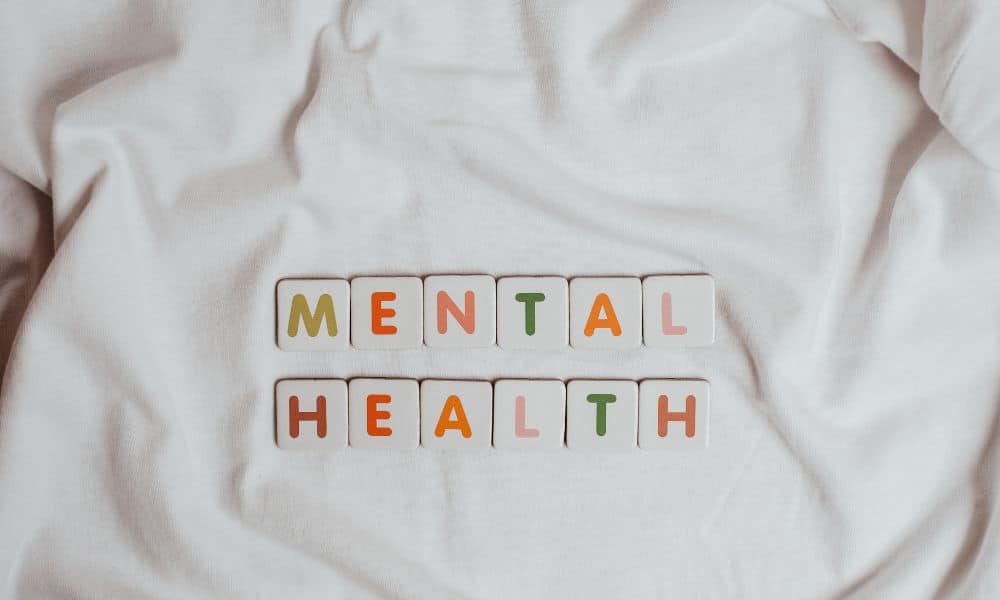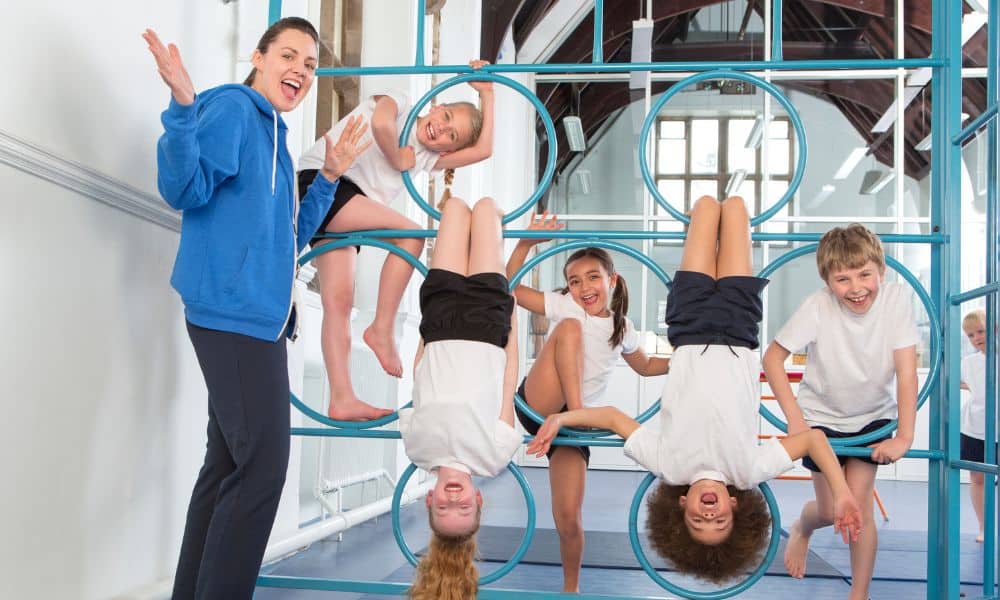How can you create mental health awareness events for children? Mental health awareness events can raise awareness of mental health issues. To do this, you’ll need to decide on a format for your event and where it will occur. The next step is to understand children’s rights with safeguarding and mental health. Finally, plan how much information to give participants in your event about specific disorders.
It is important to note that mental health awareness should not be confused with mental health treatment or things associated with paeds surgery. While your event can provide helpful information, it shouldn’t take the place of treatment if someone has a mental illness. Talk to your parents or guardians to determine what resources are available for their child at school, where they work, and other places they take part in. If they don’t know, try to find someone who does (teachers, parent/guardians of other classmates).

Another important factor when planning mental health awareness events for children is the format you choose. Consider whether your event will be part of a more extensive program or if it should standalone. When deciding how long your event should be, factor in activities to help participants learn about mental health disorders.
Step 1:
Check with parents/guardians before you complete the event’s date and other details so they can help publicize it. Consider whether your event should be part of a more extensive program or if it should standalone. When deciding how long your event should factor in activities to help participants learn about mental health disorders.
Step 2:
Once you have planned out the how, where, and when of your event, it’s time for you to organize, you’ll need to come up with a list of all materials required for the program. When coming up with a list of materials, be sure to include:
Date and time for the event photos and biographies of guest speakers and performers equipment needed (microphone/sound system, cameras, slide projector) Contact information where they can get it to those who wish to volunteer.
Step 3:
Know the laws regarding child protection. As you plan your event, you’ll need to be aware of the legal responsibilities for children and mental health. Research these laws so that you will know what they are.
Plan how much content to provide about specific disorders. To prevent triggering symptoms for someone with mental illness, you must plan how much information participants can expect to receive on particular conditions during your event. You’ll need to know what information the local education authority may disclose to do this.
Step 4:
Plan how much information participants expect to receive about specific disorders during your event. It would be best if you did not substitute mental health treatment for a mental health awareness program. However, mental health awareness should not be confused with mental health treatment.
Consider other people who will attend your mental health awareness event, including additional staff, volunteers, guests, and participants in the program.

Step 5:
It is important to note that it isn’t always necessary to have a licensed therapist speak at your event. However, it is helpful to have mental health professionals attend the program to help identify issues that may take place with individual children or even groups of them. If you have problems finding a mental health professional in your area, contact the local family service agency and ask if they can help provide someone with your event.
Step 6:
Please take pictures of your event and send them out to parents to visually remind them of the importance of raising awareness about mental health. It is also helpful to post pictures, videos, and other information on social media sites so that others can easily access it.
It would help if you invited friends and family members to attend the event. If they cannot attend, encourage them to support your efforts by sharing information or donating items that can be raffled off at the event.
Step 7:
Find resources in your area for mental health awareness events. For example, mental health programs usually receive funding from local non-profit organizations (United Way, local health departments, community foundations). Contact these groups and see if they have information on funding.
Step 8:
To allow for meaningful participation from all children, try not to plan your event around a holiday or back-to-school time frame. The best option is to schedule the program when school is not in session.
Step 9:
Before inviting children to attend your mental health awareness event, ask their parents for permission to invite them. If possible, you can also include information about the program in letters sent home by teachers and principals.
The Last Word on How You Can Create Mental Health Awareness Events for Children
Mental health promotion and mental illness prevention are helpful platforms for improving the well-being of children, teens, and adults. As we work to raise awareness about mental illnesses such as depression, bipolar disorder, and anxiety disorders, we must plan programs that provide accurate, age-appropriate information. Also, this will allow everyone to understand their mental health and the mental health of others.




